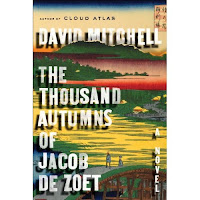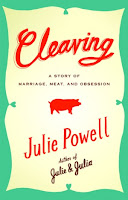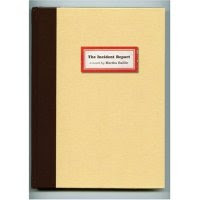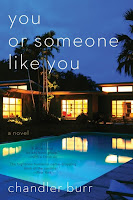At this very moment, my RRBB, after an exhausting few minutes of rolling over, fussing because he can’t get himself back again (like a turtle on its back only in reverse; it’s quite funny), has spent the last fifteen or so minutes looking at himself in the mirror on his activity mat. His concentration skills are hilarious. I’m not sure at all what he sees in the mirror but he’s absolutely enamoured with whatever it is…
Here is our wee boy at five months (five months!) [And this picture is already three weeks old because he’s 26 weeks tomorrow]. He’s starting to have quite the little personality. My temper, my RRHB’s response to anything traumatic (to go to sleep), and a lovely happy smile that belongs to him alone. Everyone keeps telling us that this is the best of the baby stage — when they get to this age, five or six months, but I’m enjoying every baby stage these days, if only because it’s all so new to me, and just so damn fun. That’s not to say that I’m not exhausted, because I am, beyond words, and that I’m not frustrated by how the disease still refuses to calm down, because I am, but I’m trying to be calm and collected, find a quiet routine we can settle into, and make the most of the time that I have before heading up to the cottage for the summer (without plumbing!).
We gave the RRBB some sweet potatoes this afternoon. His very first non-cereal food. He decided about four bites in that enough was enough and he’d really just prefer to breast feed. It’s a slow, patient process, this real-food business. Like anything, I am excited for him and want to record every little thing that happens — but I can’t be sure that when he’s older, he’ll actually want to know.
Over the last few days, I’ve seen many doctors: SFDD, kidney doctor, gastro doc, and had some blood work done today. I’m not going to lie — I’ve been panicking inside a whole lot about the state of my poor kidneys. I have tried to be positive, tried to look at the bright side of it all (that my condition is essentially unchanged since two weeks before having the baby), and yet regardless of all the drugs, of all the “resting,” of all the not working, my creatinine is still sky high as is my blood pressure. In all the years I’ve had the disease, I’ve never had high blood pressure — and I hate taking medicine for things that my body should just do right — and it scares me when I put the cuff on and get a reading like 146/98. We can’t afford any more restorative yoga at the moment, and the money I thought would last us a year barely made it through six months. Such is life, right?
Last time, I promised I would stop complaining about being sick. Or tired. Sick and tired. A lot of residual shock and awe about how everything turned out led me to try and read other birth stories. Helen left a comment letting me know about a collection called Great Expectations: Twenty-Four True Stories About Childbirth edited by Lisa Moore and Dede Crane (#31). And it’s excellent (thank you Toronto Public Library for loaning me a copy). I whipped through it in just a couple of hours (over a few days) and came to the conclusion that not a single birth plan goes according to, well, plan. For something that women have been doing since women were, well, invented, childbirth is as complex and ever-changing as people are themselves. I needed to read this — I needed to know that despite all the best laid plans (birthing tubs, doulas, midwifes, home births, drugs, no drugs) that a women might set out before her due date, chances are something dramatic will change in the minutes when she shouts “it’s time” at her husband and/or significant other. It’s a bright, fascinating collection — not a single one of the writers fall back into cliche to describe their experiences, which I felt was a revelation considering most pop culture birth stories coming to us via television and the movies aren’t remotely realistic. Like firefighters heading into a blaze without their masks, they’re all panting and fake screaming, with babies popping out looking six months old already. But this collection is painstakingly honest, achingly real and just what I needed to read.
Anyway, I don’t have much else to say. I’ve been trying to write this blog post for over a week now and the RRBB hasn’t let me get much done. I’ve got two book reviews to get to and a to-do list that is as long as my arm. So, I will stop rambling, for now.





